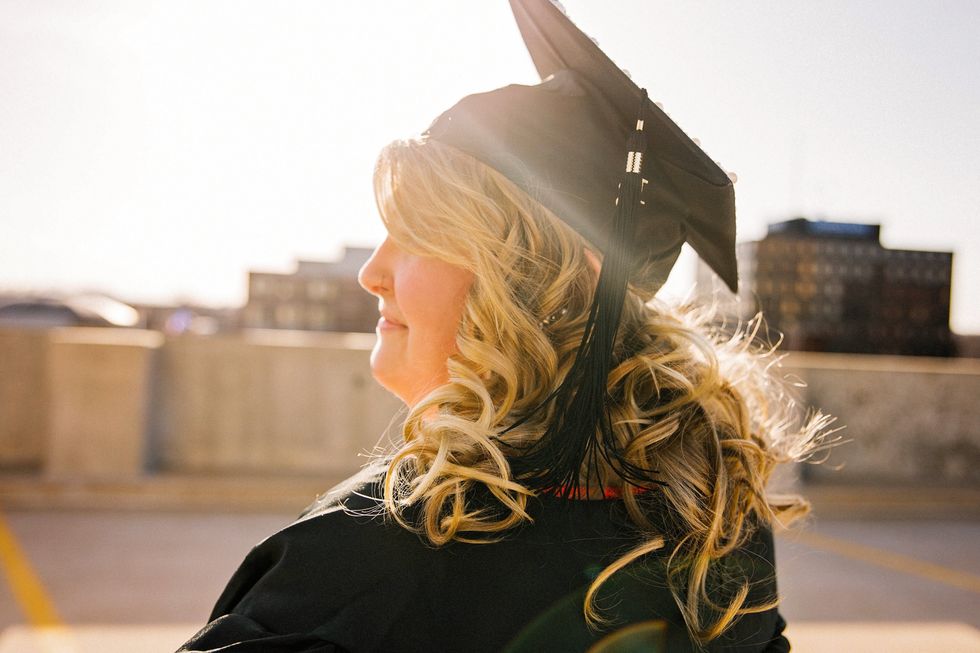Growing up my parents made a conscious effort to buy dolls, books, and watch TV shows and movies with characters that looked like me. Both my parents were born in the heat of the civil rights movement, and let's just say the media was and still is controlled predominantly by white, straight, cis-gendered men. Hollywood (television & film) being one of the most successful exports for the United States. That being said, the media should feel obligated to represent the people that consume it, not just white, straight, cis-gendered men.
A prime example of how representation impacts community, was the release of "Black Panther." Personally, I saw the film THREE times and in two countries. I guess you could say I was a bit excited to see characters that 1) looked like me and 2) weren't the stereotypical rolls already portrayed in media. The film has broken several records: highest-grossing Superhero film in the U.S., first film since "Avatar" to spend five consecutive weeks at Top of Box Office, and top-grossing Opening Weekend for a film with a predominately Black cast. Clearly, there's a market for Black films. *side-eye @ Hollywood*
For the first time, Black characters were the heroes and kings and queens in a major blockbuster, not the villains or sidekicks. Also, the relationship between male and female characters weren't divisive and or used as an opportunity to belittle each other. Many of my family and friends raved about how they felt acknowledged by mainstream media. So many posts on social media praised the film and showed appreciation for its representation. More films and televisions need to be released to tell the stories of all minorities (racial, gender, sexual orientation, and religion) but their needs to be a change in the development and production departments to accurately depict these stories. There's a need for underrepresented populations to be in charge of their stories and the means of delivery.
This past June, I attended a conference hosted by the T. Howard Foundation, who focuses on diversity in media by providing college students with internships through partner companies such as but not limited to: Turner, Viacom, and NBCUniversal. During many of the panels, some questions included "how does it feel to be the only POC in the room? How do remain true to your own voice? Why are you interested in media?". The majority of answers to these questions all began with, "growing up I didn't see myself...". Authentic stories and portrayals come from the people who experience them.
No child should have to grow up feeling invalidated or that their experiences don't matter because they are represented in the media.
The reason I pursued a degree in Communications is that I want underrepresented populations to have media as an outlet to express themselves. We consume so much media every day and the landscape is rapidly changing. We have the opportunity to make sure the next generation isn't in the same position as we are now.

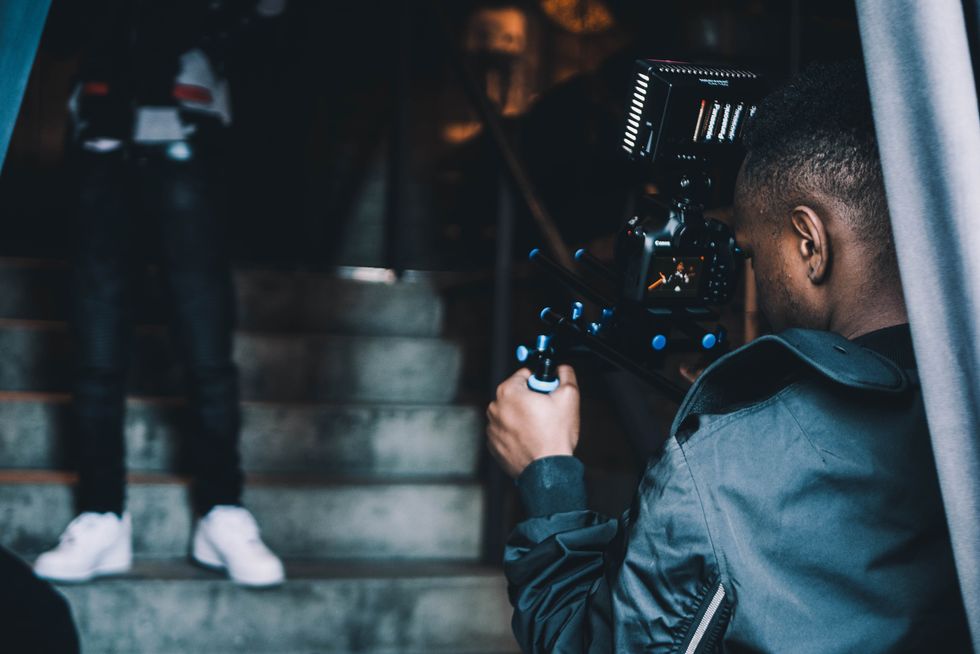

 Photo by
Photo by  Photo by
Photo by  Photo by
Photo by 










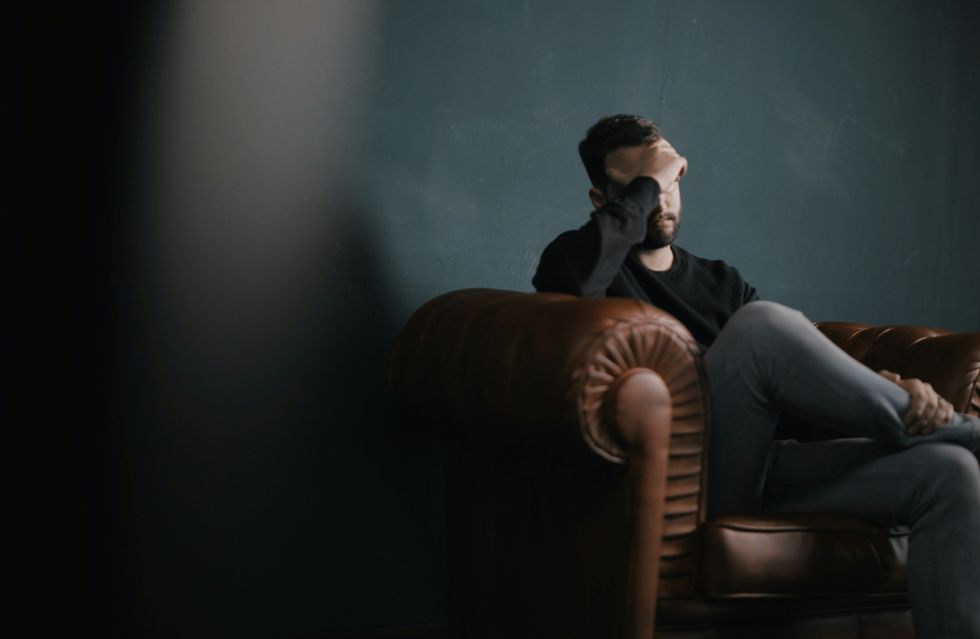 Photo by
Photo by 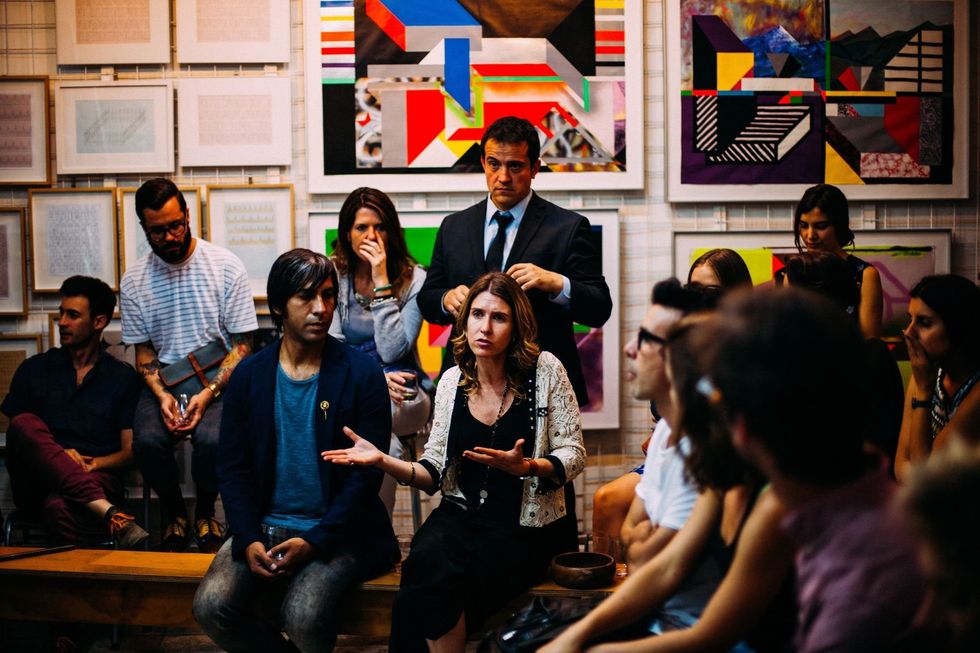
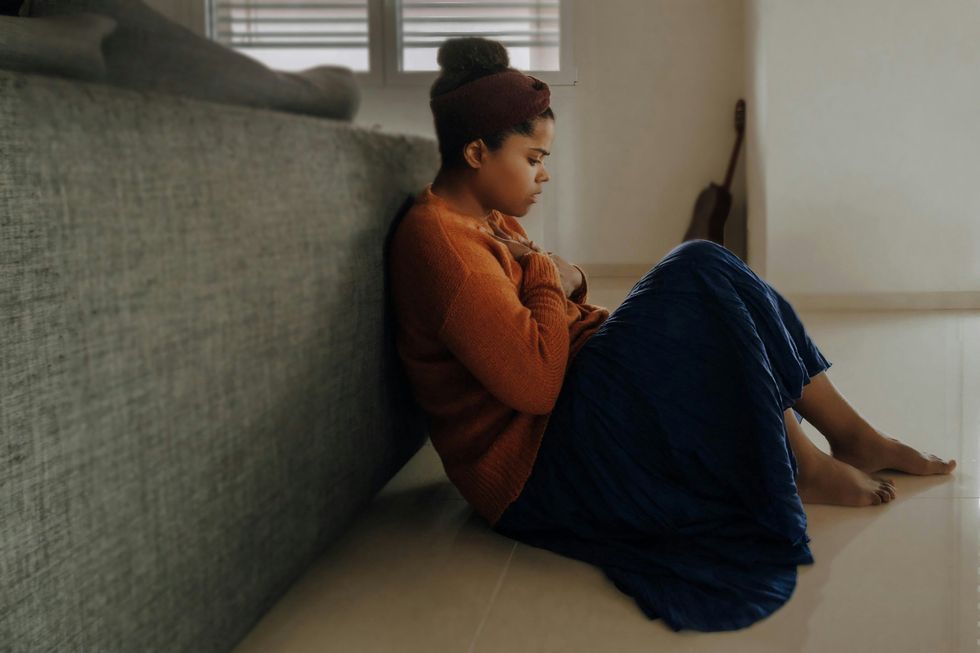 Photo by
Photo by 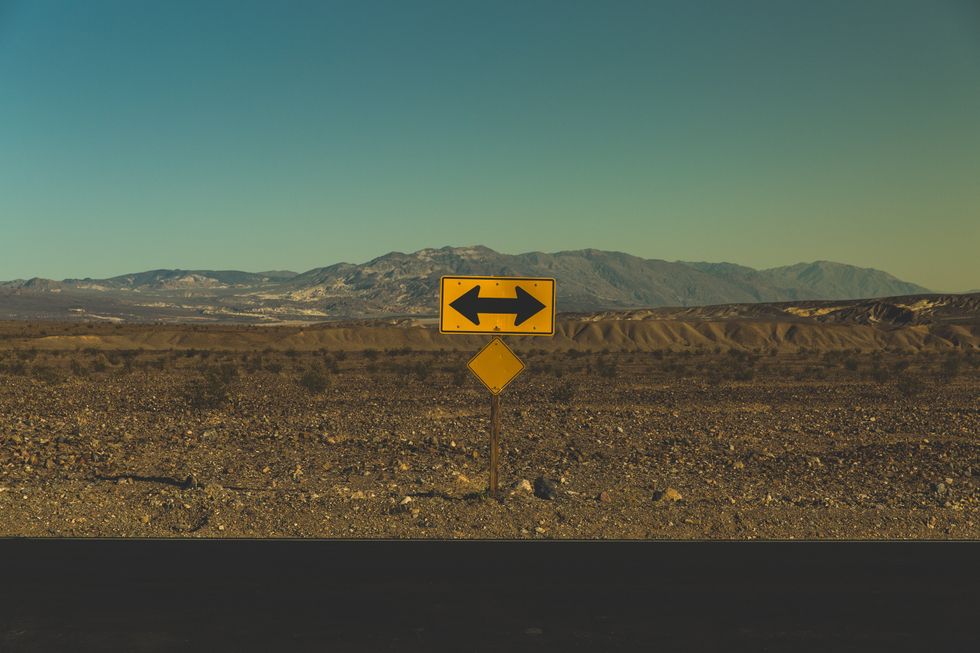
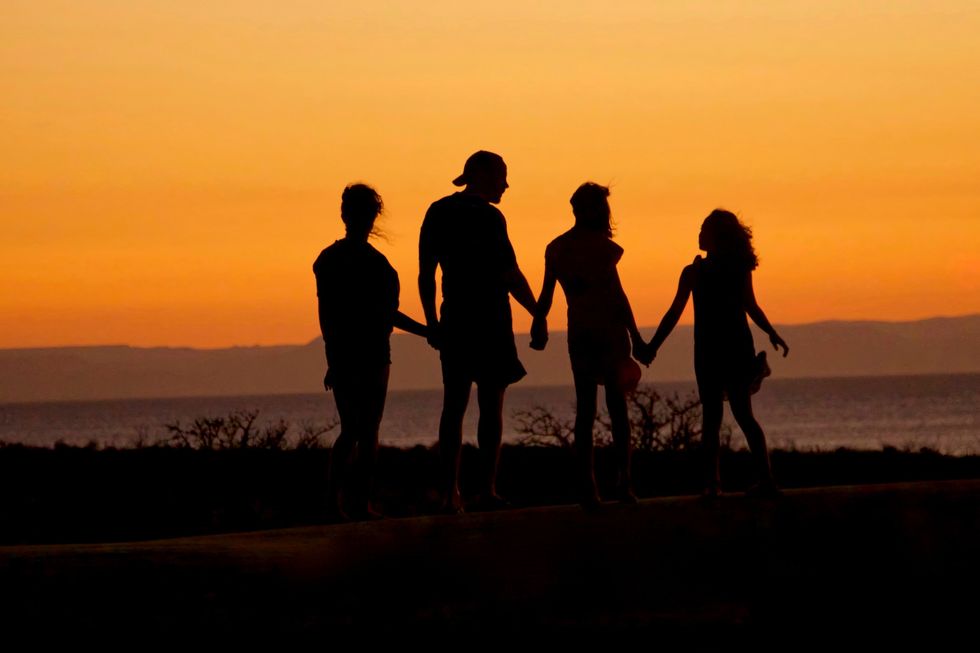
 Photo by
Photo by  Photo by
Photo by  Photo by
Photo by 